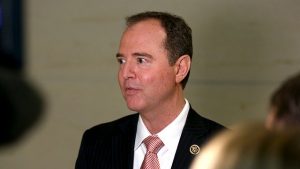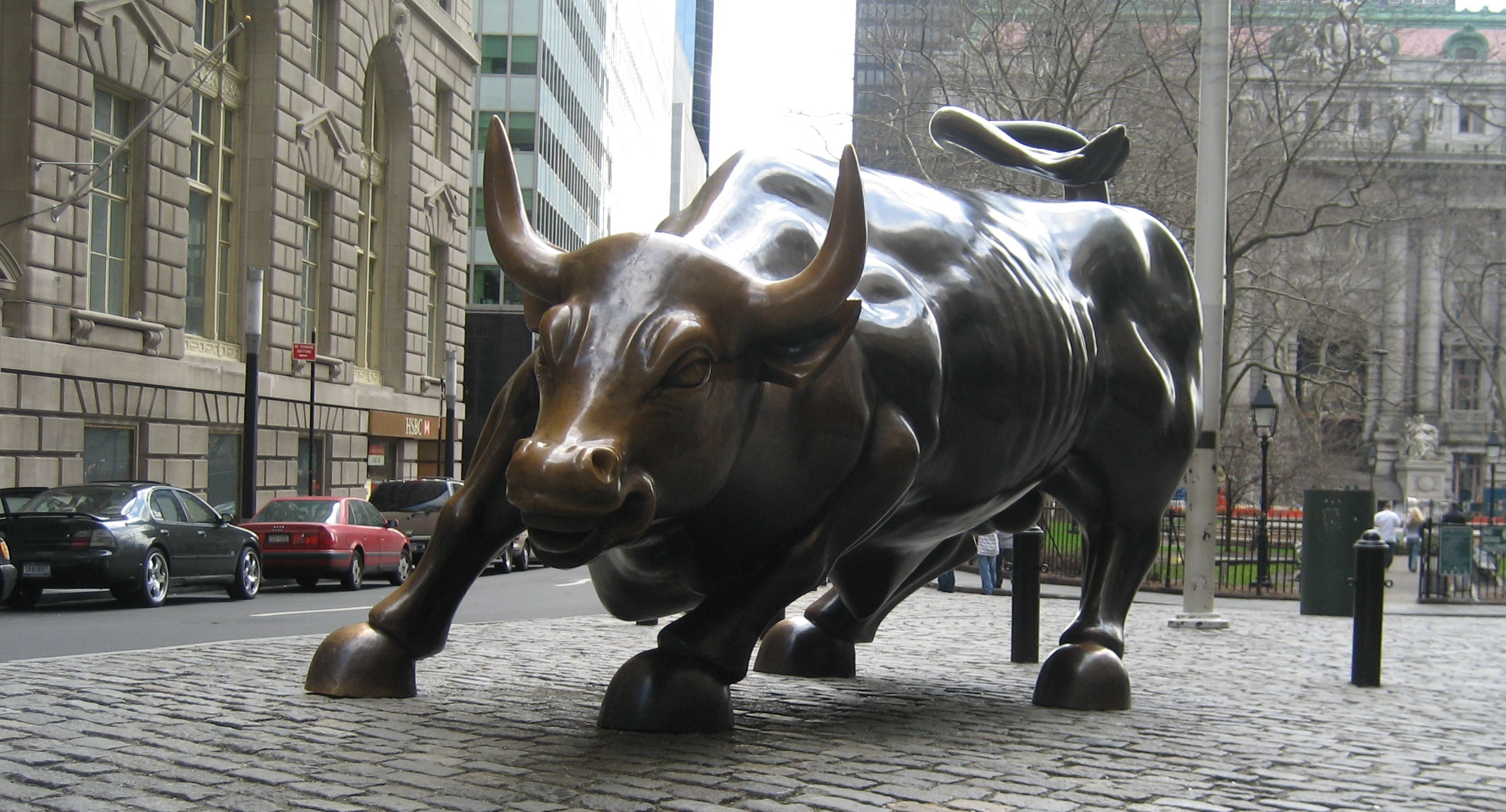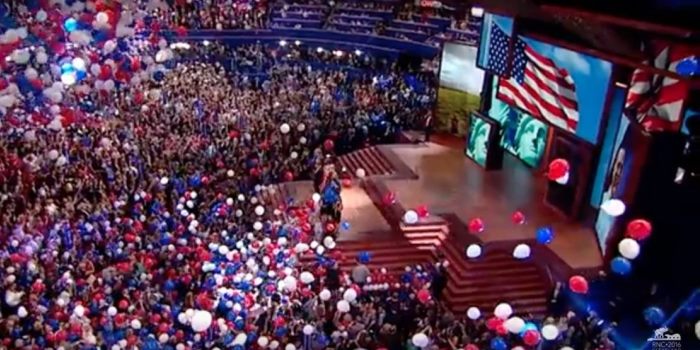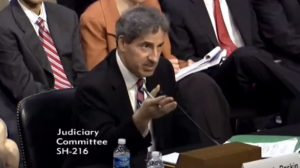Because neither candidate was able to win 50% of the vote in yesterday’s Mississippi primary election for the US Senate, incumbent Thad Cochran will face off against tea party insurgent Chris McDaniel for a runoff primary election in three weeks. Outside groups have already spent $8 million in the race, which is probably some kind of record for the state, and no Mississippi election has enjoyed so much national attention in a long time.
But according to Politico reporters M.J. Lee and Kate Davidson, Wall Street is also paying close attention to the race. Should Cochran lose and the GOP go on to win the Senate in November, the financial industry would have Mike Crapo of Idaho as chair of the Senate Banking Committee rather than Richard Shelby of Alabama.
For instance, the industry is concerned that as chairman (Shelby) would back getting rid of the part of Dodd-Frank the industry actually likes.
The law created a system for the government to seize and liquidate large failing financial firms without relying on a taxpayer bailout to avoid a repeat of the chaos that followed Lehman Brothers declaring bankruptcy in September 2008.
In 2012, House Republicans passed a bill to repeal the orderly liquidation authority, arguing that it won’t work and could cost taxpayers billions of dollars, therefore enshrining “too big to fail.”
But for the industry, the authority is the main line of defense against calls to break up the big banks. If the provision does work as intended, too big to fail is over, and there’s no need to impose further restrictions on their size or operations, the argument goes.
“The expectation is that Shelby would be a lot more fired up and move more quickly on the ‘repeal Dodd-Frank’ populist agenda than a Chairman Crapo would be,” said Karen Shaw Petrou, managing director of Federal Financial Analytics. “Wall Street folks really want to see Dodd-Frank work, particularly the resolution provisions because they know that next round of reforms would be even more epiphanal than Dodd-Frank.”
When you have finished shuddering at the way financial industry representatives frame a potential repeal of Dodd-Frank as “populist,” consider the irony of Wall Street’s triangulation. This can be a teachable moment for tea party activists: their goal of radicalizing Senate Republicans is actually at cross-purposes with their goal of erasing the legacy of the Obama administration. Even if they win, they lose.













